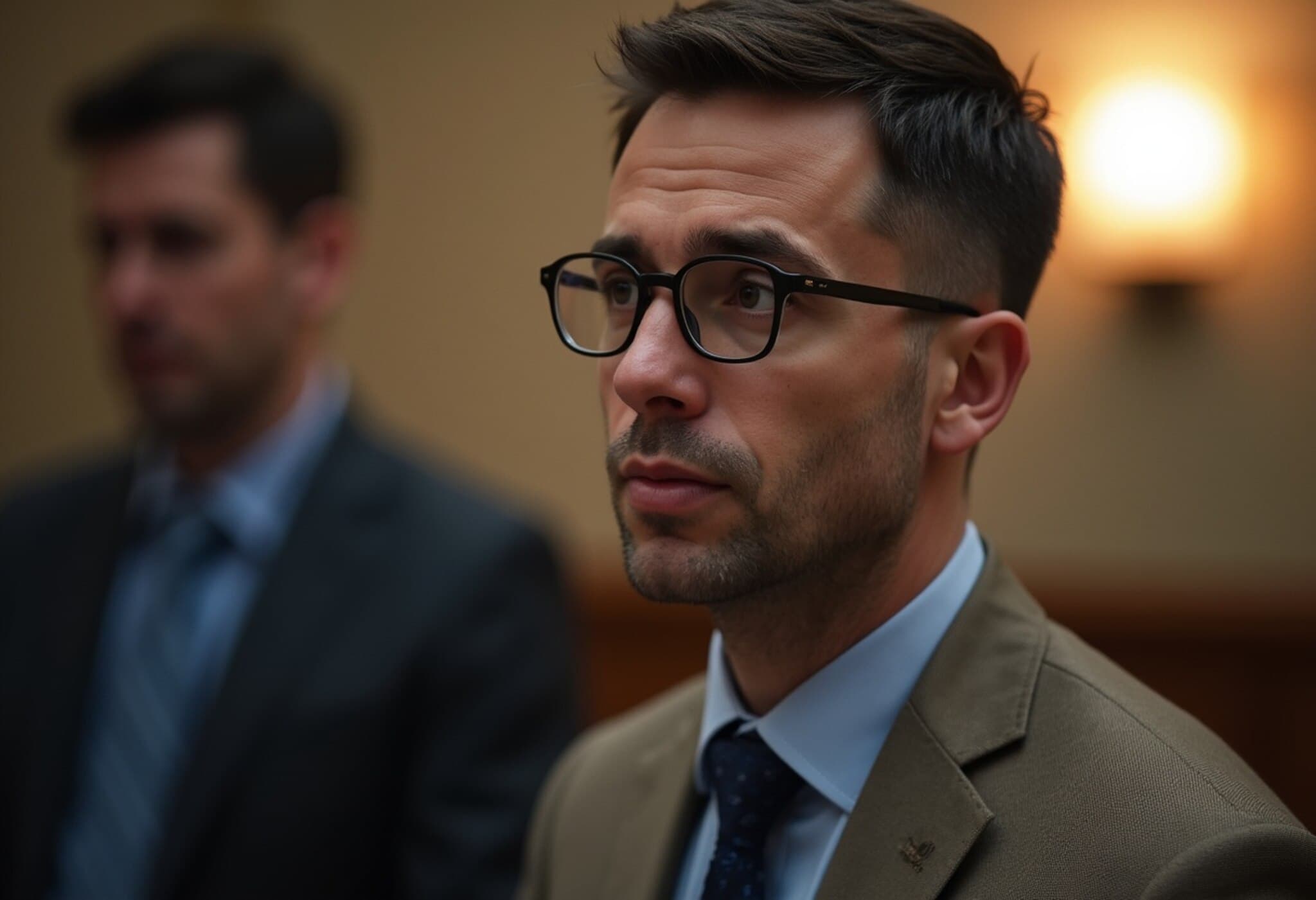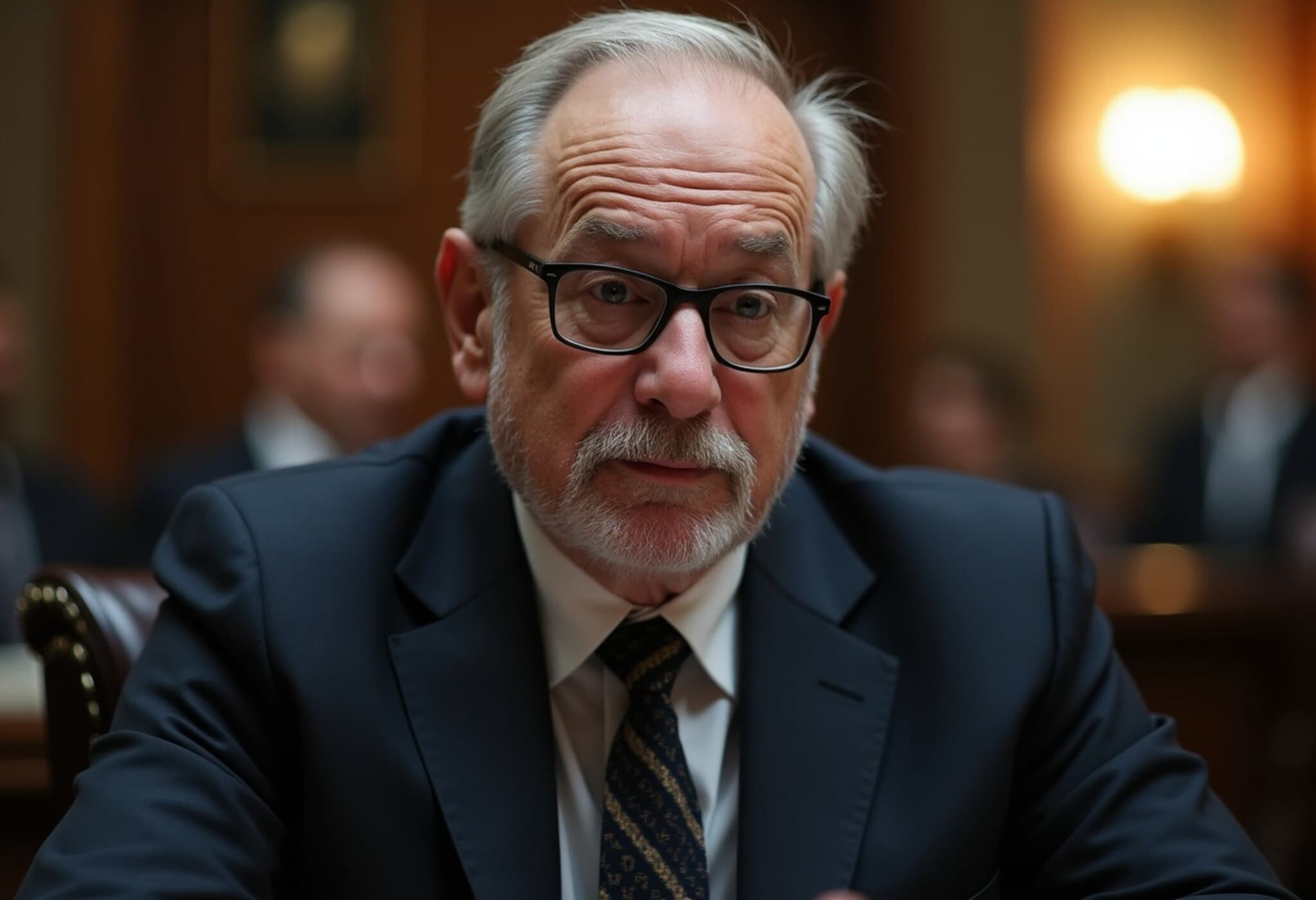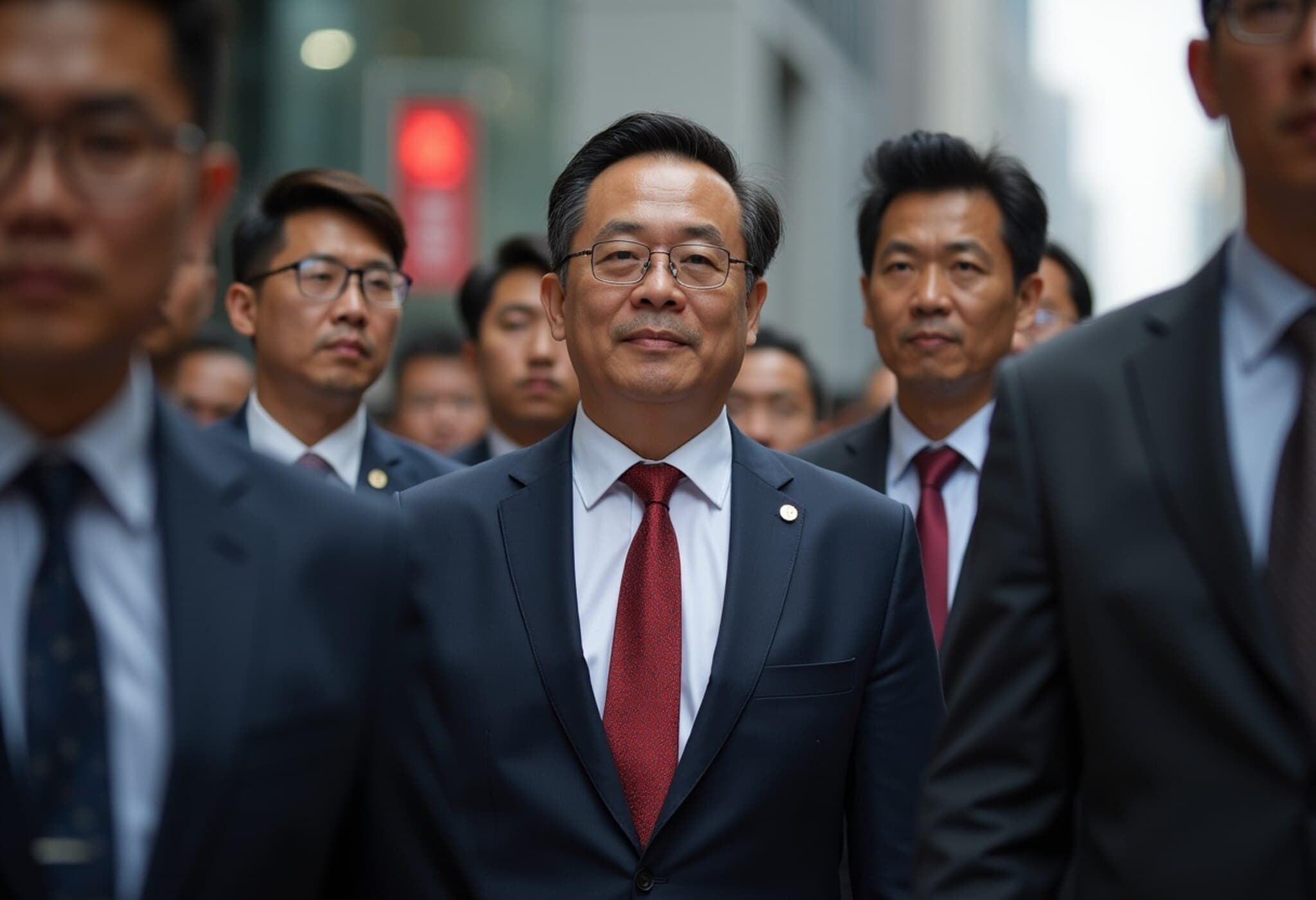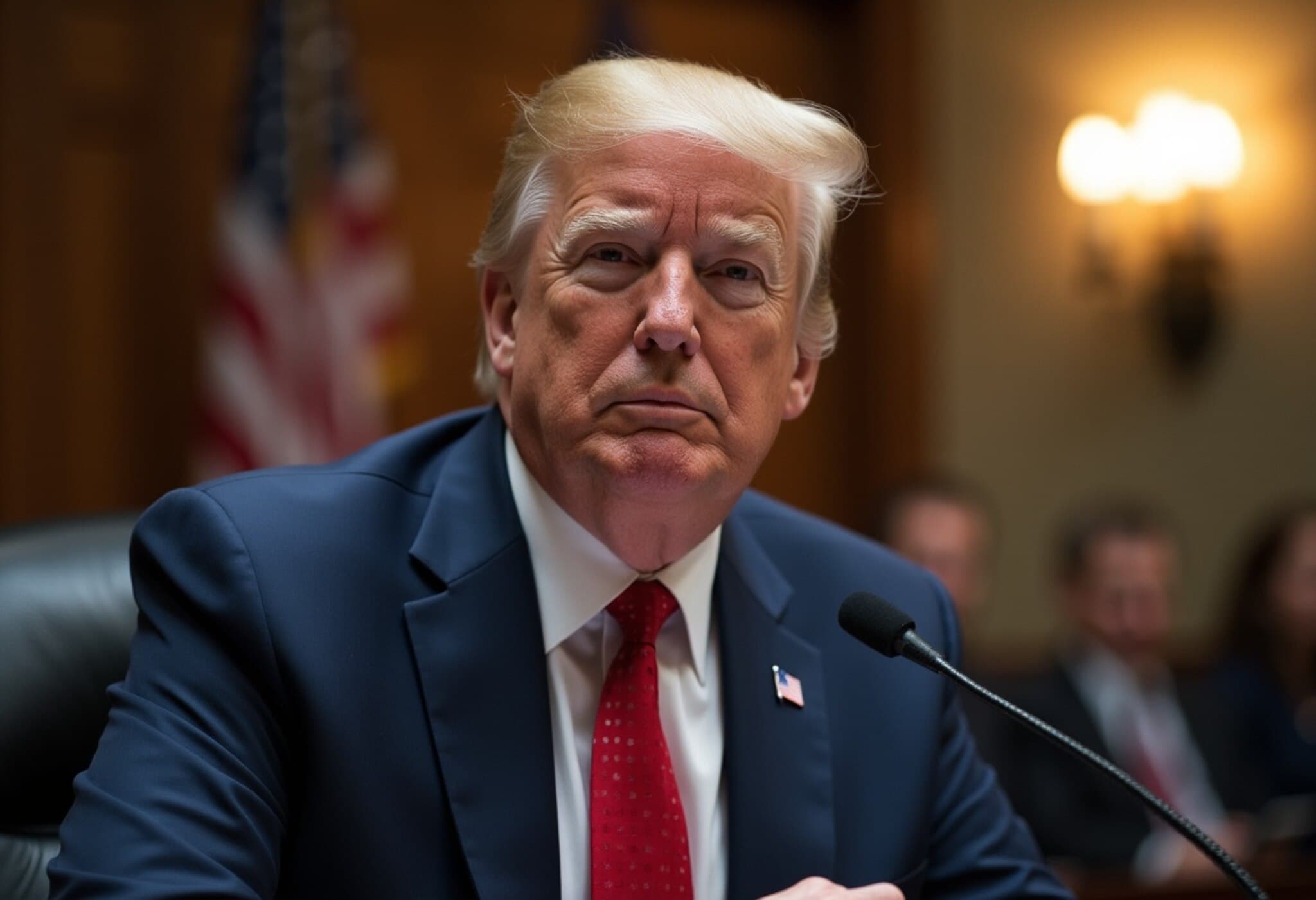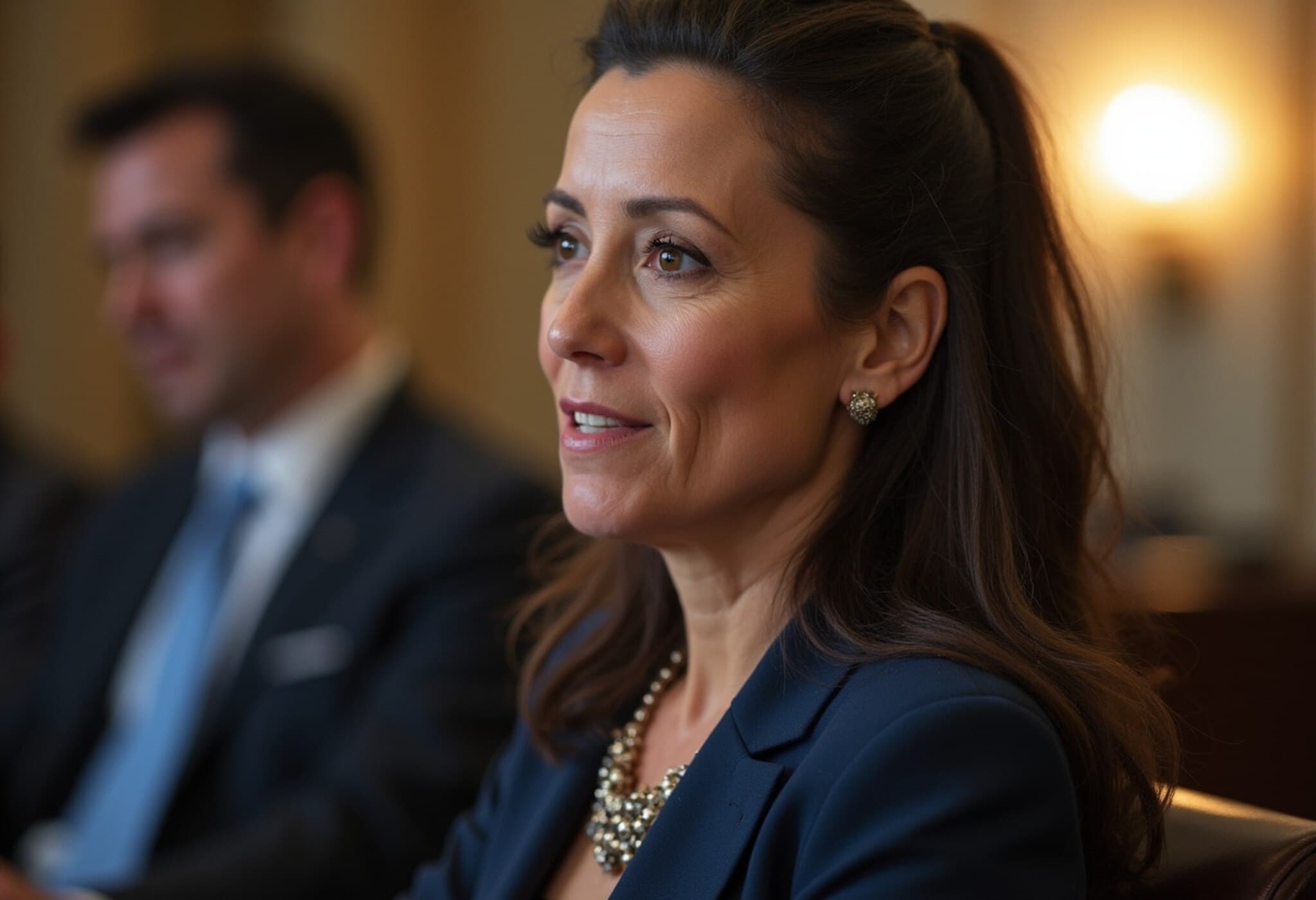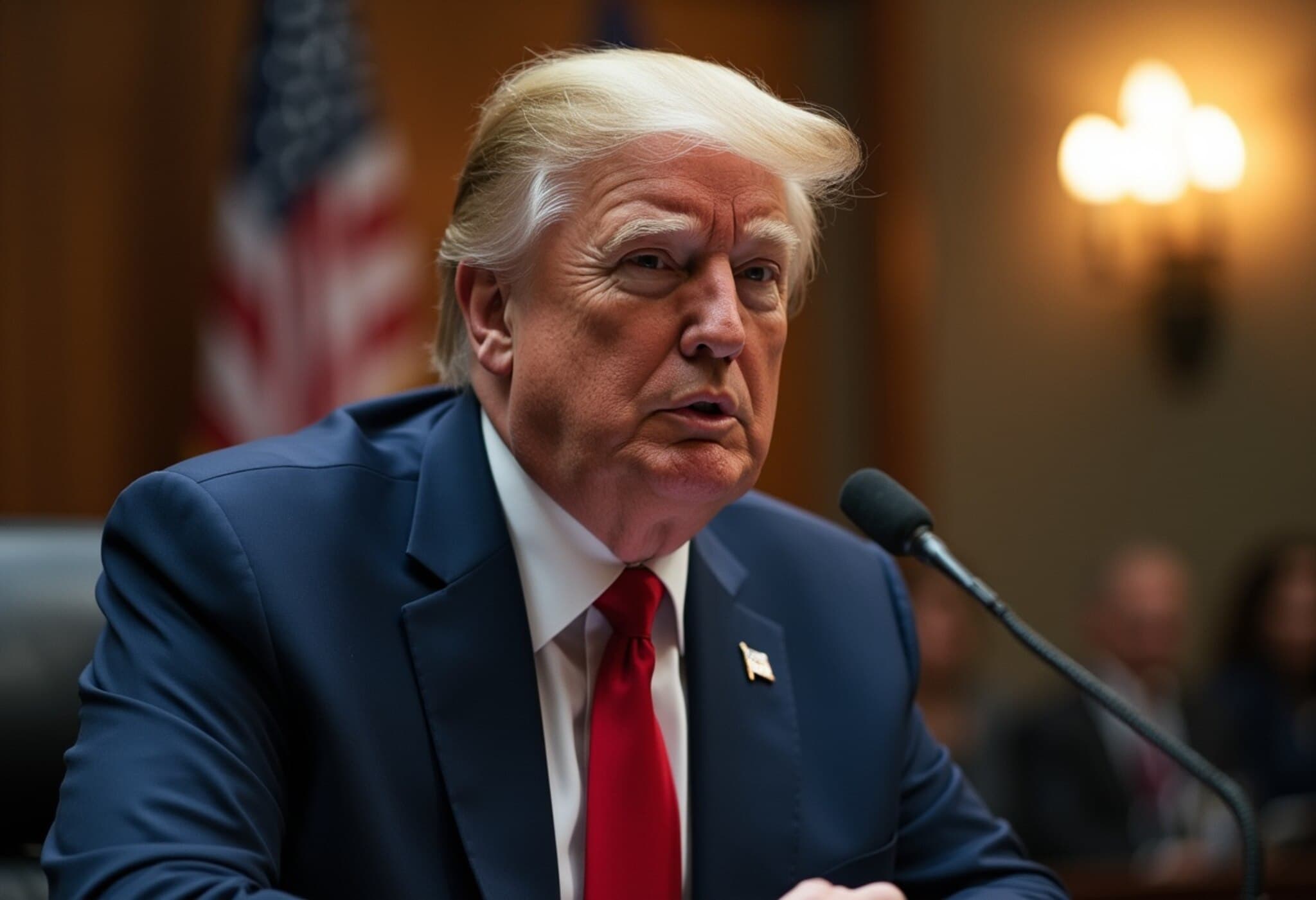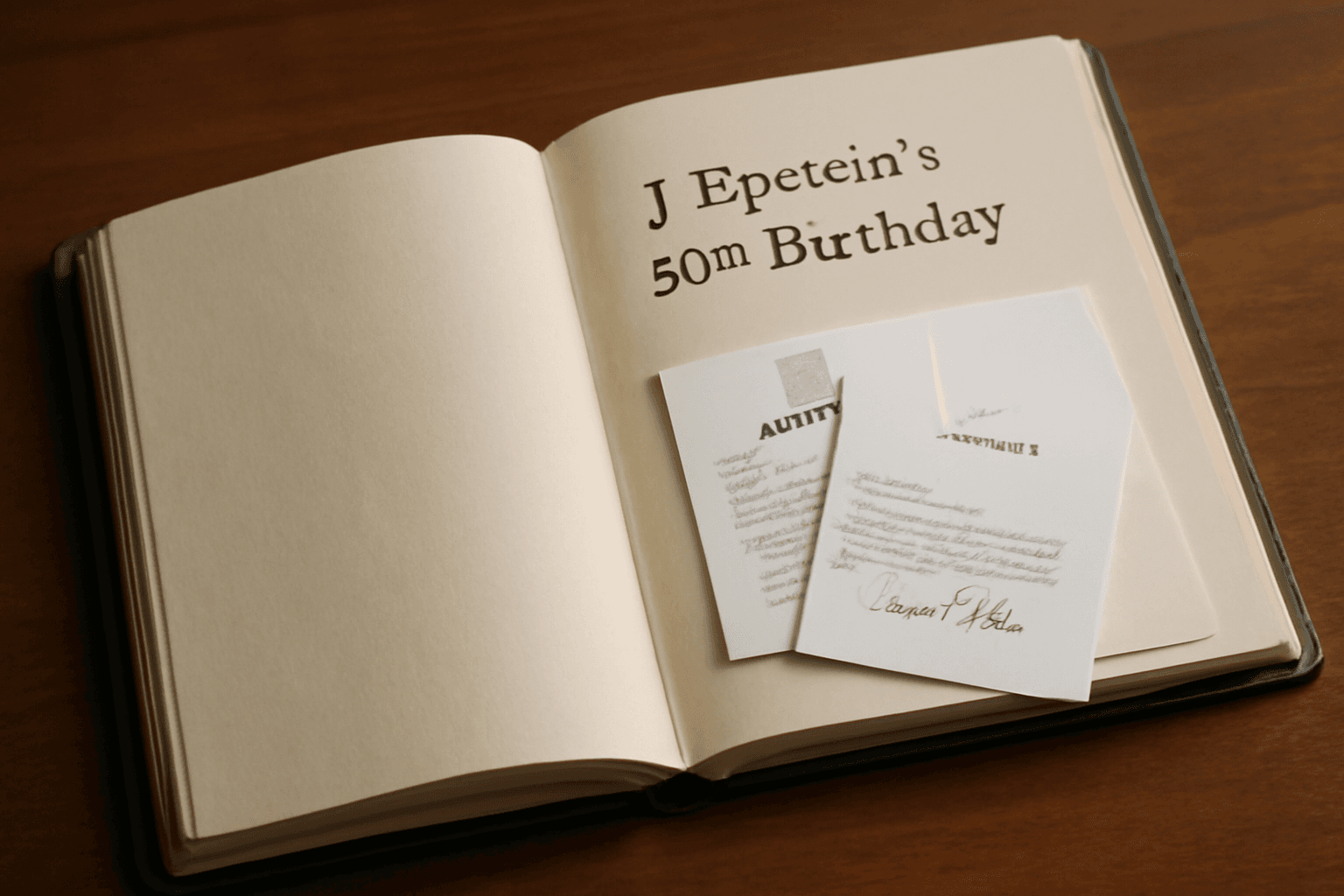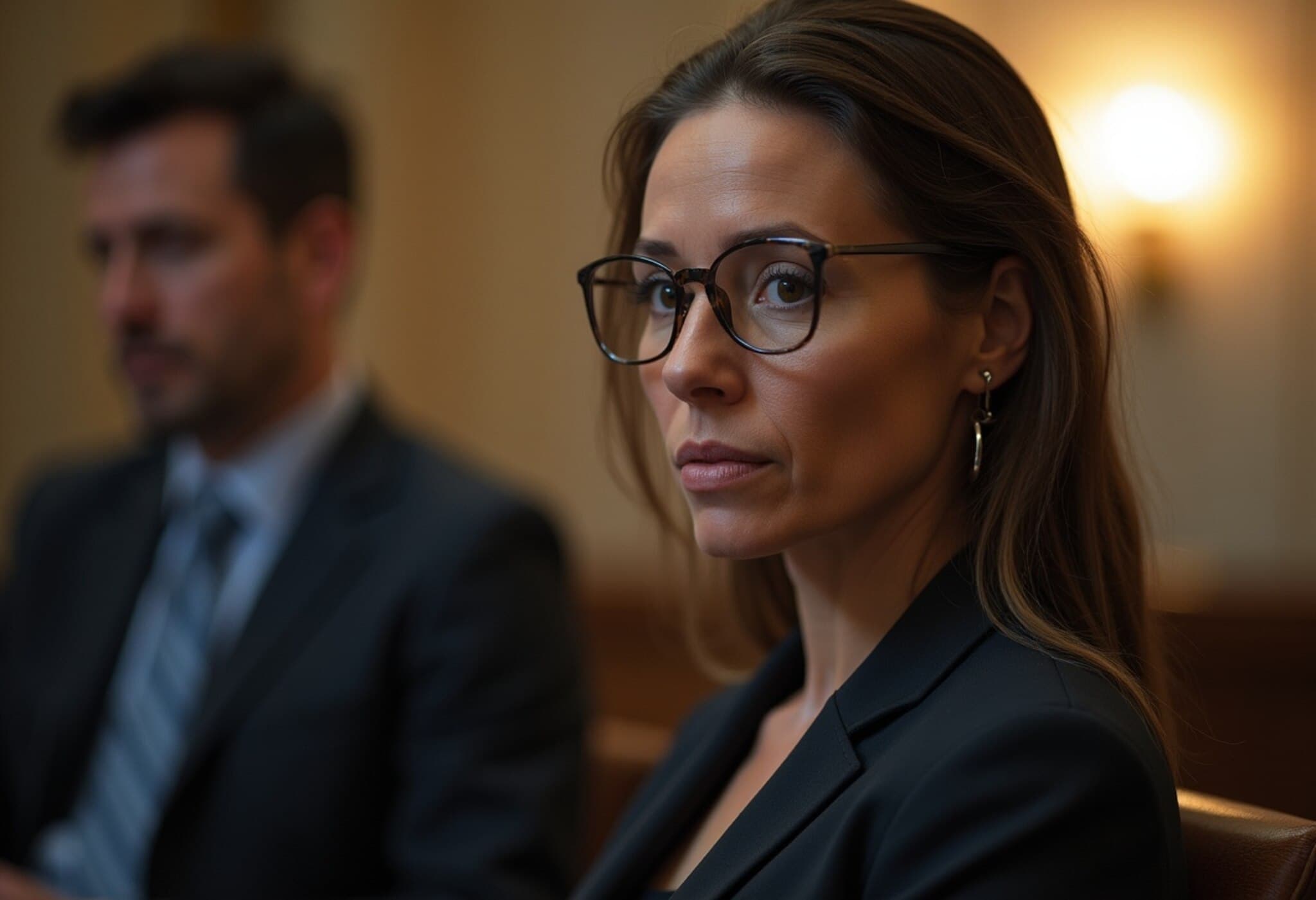Ghislaine Maxwell Moves to Texas Prison Camp
In a notable shift in the ongoing saga tied to Jeffrey Epstein’s criminal legacy, Ghislaine Maxwell has been relocated from Florida to a minimum-security federal prison in Bryan, Texas. This move was confirmed by the US Bureau of Prisons and reported by Reuters on August 1, 2025. Maxwell, 62, is serving a 20-year sentence after being convicted for her role in recruiting and grooming underage girls for Epstein's sexual abuse.
Details of the Transfer and Facility Differences
Maxwell was previously housed at the Federal Correctional Institution (FCI) Tallahassee in Florida, a low-security facility characterized by double fencing and higher guard presence. She is now held at the Federal Prison Camp (FPC) Bryan, a minimum-security facility that operates with minimal physical barriers and reduced staff supervision. A Bureau of Prisons spokesperson, Donald Murphy, emphasized that inmate transfers consider many factors including security level requirements, though he declined to discuss specifics of Maxwell’s case.
Context: Meeting With Deputy Attorney General and Legal Proceedings
The timing of Maxwell’s transfer is particularly significant. It came about a week after she met with Deputy U.S. Attorney General Todd Blanche. According to Blanche, the meeting focused on potentially uncovering additional individuals connected to Epstein’s wide-spanning criminal network—a critical development as investigations continue.
Maxwell’s attorney, David Markus, confirmed the transfer but refrained from commenting further. Meanwhile, the Department of Justice remains publicly silent about the move.
Calls for Transparency: Release of Grand Jury Transcripts
The Epstein case continues to reverberate politically and publicly. Pressure is mounting from across the political spectrum—including both Republican and Democratic lawmakers—for the Department of Justice to disclose more information surrounding the investigation. In particular, the department is petitioning two federal judges in New York to unseal transcripts from the grand jury testimony that led to the indictments of Epstein and Maxwell.
These transcripts, traditionally sealed to protect the integrity of investigations and witness privacy, could shed light on unknown details of Epstein’s trafficking operation and the extent of collusion by others. Attorneys representing Maxwell, Epstein’s estate, and alleged victims are expected to submit formal responses to the court imminently.
Legal Battles and Potential Clemency
Epstein died by apparent suicide in a New York jail in 2019 before standing trial on sex trafficking charges—charges he consistently denied. Maxwell was convicted in 2021 and is currently appealing her conviction to the U.S. Supreme Court.
Her legal team, led by David Markus, has expressed openness to all available legal remedies, including a potential pardon. Former President Donald Trump, previously acquainted with Epstein and Maxwell, has stated he has not yet decided whether clemency is appropriate, adding another political layer to this complex case.
Understanding the Broader Implications
This transfer, alongside the DOJ’s move to release grand jury transcripts, signals a renewed push towards uncovering the full scope of Epstein’s network and those who enabled it. The Epstein-Maxwell trials exposed systemic failings in protecting vulnerable victims and raised questions about accountability among elites who potentially benefited from silence.
From a legal perspective, publicly unsealing grand jury documents could not only influence ongoing appeals but also inform future reform in how sex trafficking cases are prosecuted. The varied security levels of Maxwell’s confinement suggest procedural and risk assessment considerations at play—reflecting how the justice system handles high-profile inmates amid evolving investigations.
Expert Commentary
Criminologists and legal analysts alike view Maxwell’s move to a minimum-security camp as an indicator of her assessed risk rather than absolution of her crimes. Such facilities focus on containment efficiency while maintaining inmate safety, often reserved for nonviolent offenders or those nearing sentence completion. However, given the gravity and public outrage linked to this case, the transfer inevitably invites scrutiny over prison policies concerning notorious offenders.
Moreover, the DOJ’s petition to release grand jury transcripts is groundbreaking. It challenges the historical confidentiality norms, balancing public interest against legal fairness. How courts rule could set precedents for transparency in criminal cases involving powerful defendants, advancing justice system accountability.
Editor’s Note:
The transfer of Ghislaine Maxwell to a lower-security prison facility coincides with heightened efforts to peel back the layers of Epstein’s shadowy empire. As the Justice Department seeks to unveil sealed testimonies, key questions emerge: Will the released details expose previously hidden figures who facilitated these crimes? How will this transparency affect the appeals and public trust in the judicial process? As Americans grapple with these issues, the evolving Epstein-Maxwell case underscores the urgent need for vigilance in tackling sexual exploitation and ensuring justice for victims.


